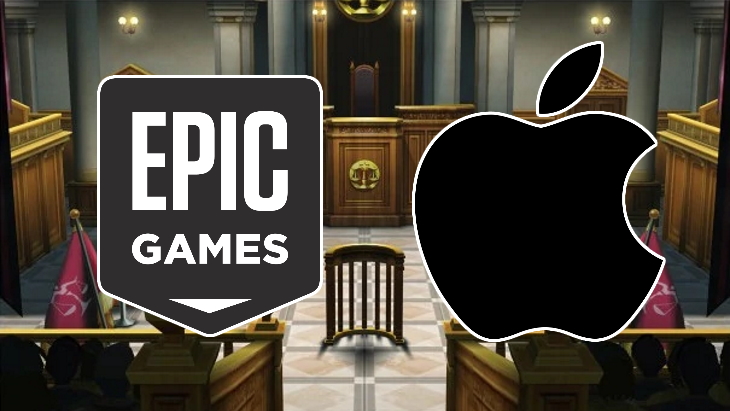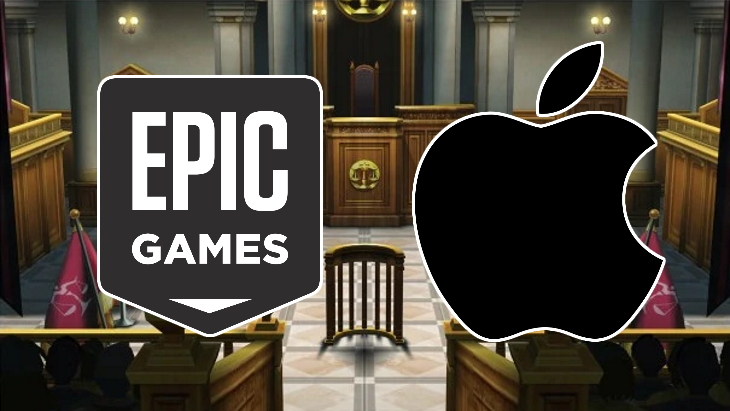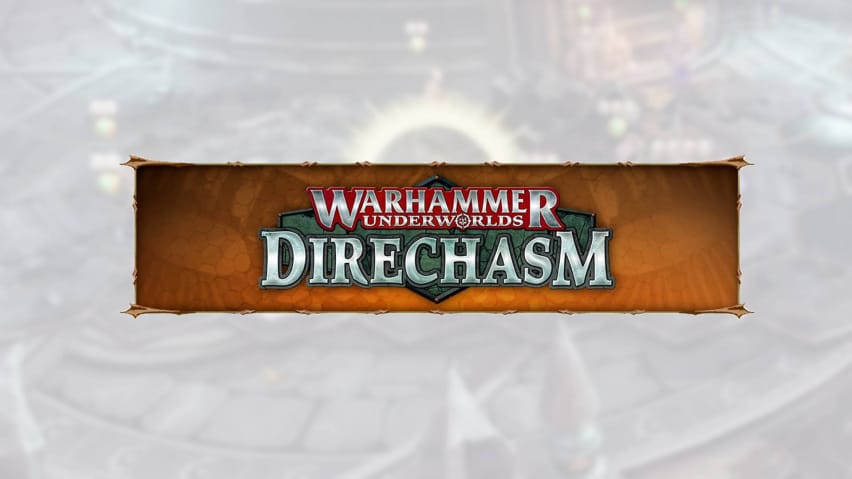

The Judge in the Epic Games vs. Apple lawsuit over the App Store’s alleged monopoly has “granted in part and denied in part” Epic Games’ motion for a preliminary injunction.
As we previously reported, Epic Games announced that the price of V-Bucks, Fornite‘s in-game currency that can be bought with real money, would permanently be 20% cheaper on all platforms. However, on Android and iOS, a new payment method was introduced.
Rather than buying the V-Bucks through Google Play and the App Store respectively, Epic Games launched the “Epic direct payment.” “When you choose to use Epic direct payments,” the announcement explains, “you save up to 20% as Epic passes along payment processing savings to you.”
This is due to Apple and Google collecting a 30% fee through all V-Bucks bought on their respective platforms. As such, the 20% drop has not been applied to purchases made through them. Epic Games state that “If Apple or Google lower their fees on payments in the future, Epic will pass along the savings to you.”
Shortly after this announcement, Apple and Google both removed Fortnite from the App Store and Google Play Stores respectively due to Epic Games violating their terms of service.
Epic Games issued legal action against both, citing that they had a monopoly over their stores on iOS and Android. Apple had allegedly threatened to terminate all of Epic Games’ App Store developer accounts and cut off tools for development on iOS and Mac.
Epic Games may have been expecting action from Apple however, having made a parody of Apple’s own 1984 commercial; appealing to their fans to support them. Further, the #FreeFortnite Cup was announced.
Apple later accused Epic Games CEO and founder Tim Sweeney of asking for exception from the App Store terms and conditions. Sweeney tweeted that Apple’s statement was misleading, and presented screenshots of the alleged emails. Microsoft also filed a statement of support, favoring Epic Games.
In late August, Apple terminated Epic Games’ App Store developer account. This means Epic Games will no longer be able to submit new apps, or updates to existing ones (such as the Infinity Blade games).
Epic would successfully win a restraining order that month, denying Apple removing Unreal Engine-based games from the App Store (thereby harming developers who used the engine for their games). Epic Games later filed an injunction asking that Apple be prohibited from “taking any adverse action against Epic.”
In early September of this year, Apple issued a counter-suit against Epic Games. Therein they asked for compensation and damages, claiming Epic Games’ actions were “little more than theft.” Both parties would later agree to a trial by judge, rather than a jury. That trial is set for May 3rd, 2021.
Now, The Verge have obtained the latest court documents revealing that Judge Yvonne Gonzales Rogers has “granted in part and denies in part” Epic Games’ motion for a preliminary injunction.
In short, while Apple have not been forced to reinstate Fortnite on the App Store, the restraining order preventing Apple from revoking developer tools from “Epic Affiliates.” These affiliates include games using the Unreal Engine, along with Unreal Remote 2, Unreal Match 3, Action RPG Game Sample, Unreal Remote, Live Link Face, House Party, and more.
However, the ultimate outcome of the case may now have a larger impact on the industry, especially for “the big three.” As Epic Games argued that Apple was running a monopoly, Apple in turn argued their store was no different from the digital stores run by Nintendo, PlayStation, and Microsoft on their consoles.
Judge Gonzales Rogers explains in the court documents that the Sherman Act (the basis for US anti-trust laws) was written long before the concept of buying video games through the internet. As such, the court’s decision could have “significant and serious ramifications” on those companies.
“In other words, Apple argues that the Court must consider the wider video game market and distribution on other platforms, including the Microsoft Xbox One, the Sony PlayStation 4, the Nintendo Switch, computer platforms (Microsoft Windows PCs, macOS computers), and tablets (Google Android and Microsoft Surface).
Thus, Apple seeks a broader market definition that includes the digital distribution of video games across all video game platforms. Ultimately, the Court must discern where competition exists and whether such competition is sufficient to impact price and discipline market players.
[…]
First, Epic Games avers that the iOS market is distinct from other video game platforms because Sony, Nintendo, and Microsoft do not make much profit, if any, on the sale of the hardware or console—unlike Apple, which allegedly makes significant profits from the sale of each iPhone.
This distinction is without legal precedent under section 2 of the Sherman Act. Indeed, Sony, Nintendo and Microsoft all operate similar walled gardens or closed platform models as Apple, whereby the hardware, operating system, digital marketplace, and IAPs are all exclusive to the platform owner.
As such, a final decision should be better informed regarding the impact of the walled garden model given the potential for significant and serious ramifications for Sony, Nintendo and Microsoft and their video game platforms.”
Editor’s Note: The above quote has been edited from the court document for easier reading.
Whether the anti-trust laws will result in companies being strong-armed into releasing on multiple digital stores, or being given more freedom on where they want to sell (even with prior agreements with a store’s owner) will come after the trial’s verdict.
Image: Ace Attorney Fandom wiki, Wikipedia [1, 2]




